Oil from the Arctic: Is it time for an Arctic Treaty?
Given the increased interest in drilling for oil and gas in the Arctic as the area becomes more accessible in a changing climate, concern is also growing about the dangers an accident could pose to the fragile environment of the “high North”. An editorial in the publication NATURE argues that we need a binding agreement like the Antarctic Treaty to protect the Arctic from pollution.
![]() read more
read more
Gulf stream heating up
Scientists have observed that the Gulf Steam has been heating up two to three times as fast as the rest of the Atlantic over the last 100 years. Professor Martin Visbeck from the Helmholtz Centre for Ocean Research in Kiel, Germany, says the Gulf Stream, which accounts for the relatively mild climate of north-western Europe, has become around 1.2°C warmer since 1900 compared with a 0.4 degree rise in the Atlantic as a whole. The trend is similar with other important streams off the coasts of Japan, Australia, Brazil and southern Africa.
The scientists say the enhanced warming could reduce the ability of the oceans to absorb carbon dioxide as warmer water absorbs less than cold water. They stress the need for more data and continuous measurement, but Visbeck says the results indicate that climate change is changing global ocean circulation. More in the journal Nature Climate Change.
Arctic Ice and our Weather
Apologies for a long spell of ice-blog silence, but your ice blogger is now back on the
(snow?-) ball.
The German papers today tell us to expect temperatures dropping to as low as MINUS 20 C in the course of this week. After a relatively mild winter so far, this will be a shock to the system for a lot of people. And of course, we’ll be back to the old discussion about how it can be this cold when the world is warming… Somehow people are more willing to accept that the climate is changing when the plants are all starting to come up ahead of time. But maybe the cold snap will help draw attention to a new study by Germany’s Alfred-Wegener Institute explaining the connection between the extent of the Arctic sea ice in summer and our winter weather in central Europe.
![]() read more
read more
Sea ice still on the decline
September is the month when the Arctic ice reaches its lowest exten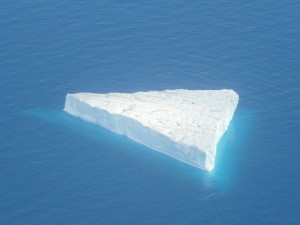 t before the onset of winter. And it probably won’t surprise you to know that the trend has not changed. The minimum ice extent was the second lowest in satellite records after the low of 2007, according to the National Snow and Ice Data Centre, continuing what’s knows as the “decadal trend of rapidly decreasing summer sea ice”. NSIDC says this is a preliminary announcement and the sad 2007 record may yet be beaten, as conditions will still change until early October.
t before the onset of winter. And it probably won’t surprise you to know that the trend has not changed. The minimum ice extent was the second lowest in satellite records after the low of 2007, according to the National Snow and Ice Data Centre, continuing what’s knows as the “decadal trend of rapidly decreasing summer sea ice”. NSIDC says this is a preliminary announcement and the sad 2007 record may yet be beaten, as conditions will still change until early October.
There is a Greenpeace expedition on board the Arctic Sunrise currently up in the Arctic, led by campaigner Frida Bengtsson. Let me quote you her response to the latest figures:
![]() read more
read more
Arctic COLD War? – The Russian Perspective
A Russian research vessel accompanied by a nuclear-powered ice-breaker has set off for the Arctic on a 100 day mission to collect data to support the country’s bid to expand its continental Arctic shelf territory. There are 76 scientists on board.
I was interested to read the Russian view of the importance of the Arctic against the background of melting ice on the website of the Voice of Russia.



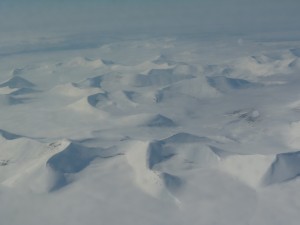

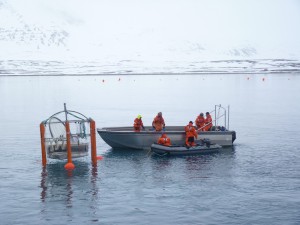
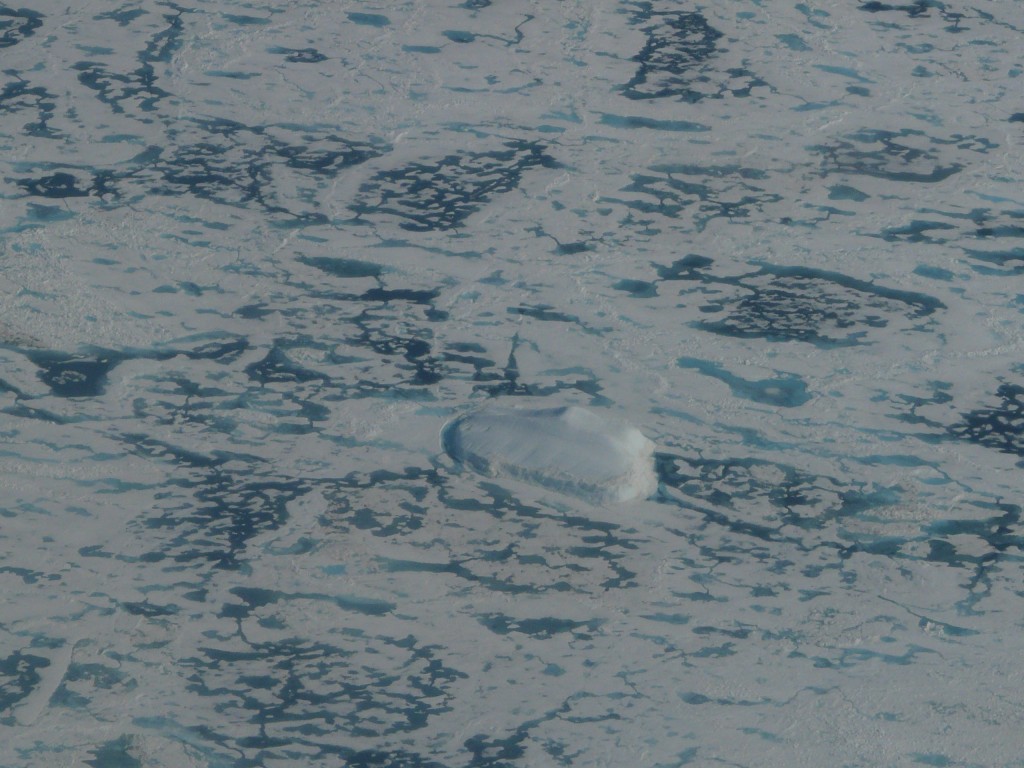
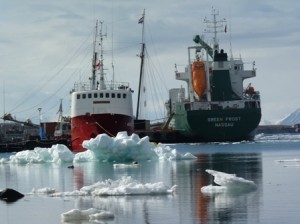
















Feedback